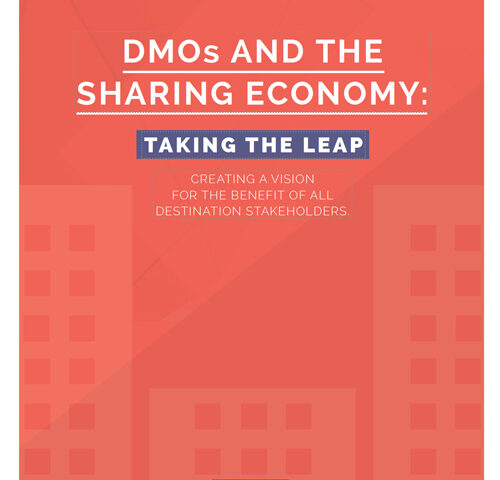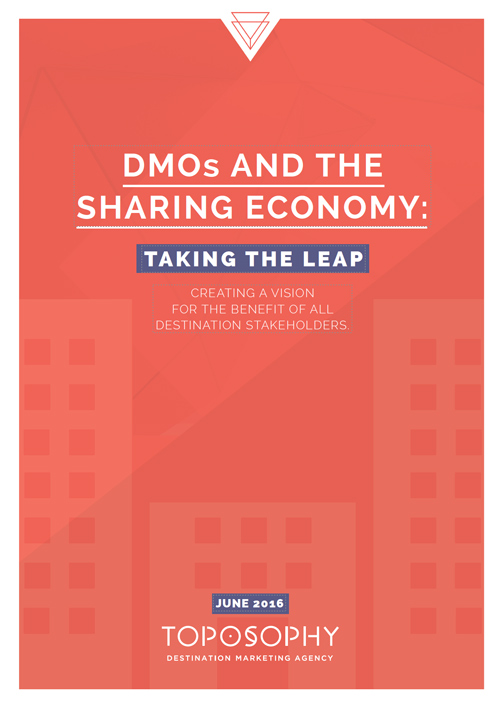Today the sharing economy in tourism has come to represent a lively marketplace for goods and services exchanged between local people who own useful assets and travellers who seek them. Apartments, cars, bicycles, boats, sports equipment, children’s toys and even people’s own time and skills are all up for grabs via a multitude P2P exchange platforms.
Over the past five years or so, the movement has really taken off thanks to the tech-savvy but asset-light Millennial generation; younger consumers who either don’t want to or can’t afford to buy luxury holidays or expensive cars, but are still looking for the experience.
The truth is how-ever, that the types of consumers who are attracted to use P2P exchange platforms are becoming more diverse every day. While greater numbers of local residents and visitors are engaging in the sharing economy, it’s probably true to say that destination authorities haven’t caught up yet. When it comes to laws concerning the use of personal property for commercial use, many cities in Europe are still using regulations from decades ago.
Others are strug-gling to find the right balance between giving visitors the experiences that they’re looking for and protecting quality and safety for consumers, as well as ensuring maintain-ing quality of life and an affordable cost of living for local people.

